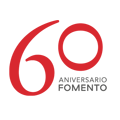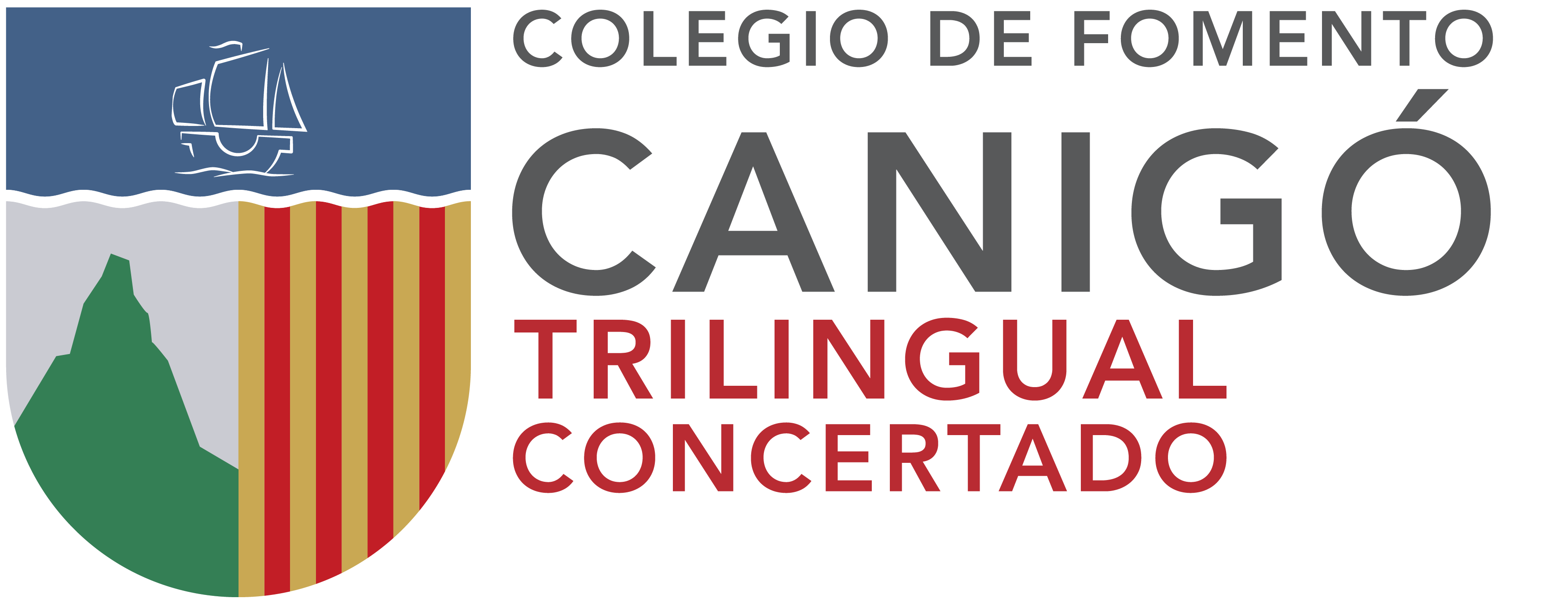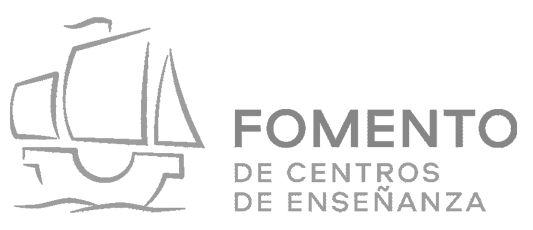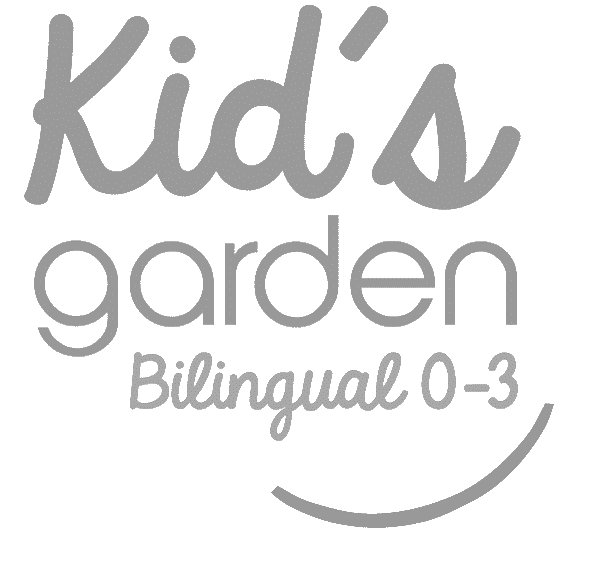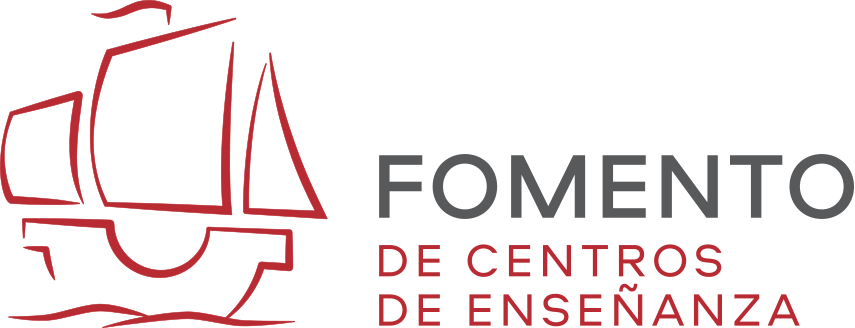Fomento de Centros de Enseñanza is an educational institution furthered by a group of parents and educators who promoted the creation of schools in which the participation of families is considered essential.
In 1963, Ahlzahir opened its doors in Córdoba (Spain), the first Fomento school. In 1997, the educational offer was extended with Villanueva University Centre, which offered graduate and master’s degrees in the areas of Education, Psychology, Communication, Law and Business.
In 1998, the first Kid’s Garden was launched in Pamplona, Fomento’s Pre-Primary School offer, to respond to parents demanding school places for 0 to 3 years old.
In 2007, the last development school, Las Tablas-Valverde, opened its doors. In 2018, the new Villanueva headquarters was inaugurated at 6 Costa Brava street.
Currently, Fomento has 35 schools in 11 Communities, 20 Kid’s Garden and the Villanueva University in Madrid. A total of 24,694 students in schools, more than 90,000 Alumni and more than 2,905 professionals.
Own character
- 1 The schools of Fomento de Centros de Enseñanza are intended to help parents provide their children with a quality education, inspired by the principle of dignity of the person, characteristic of the Christian spirit.
- 2 Fomento de Centros de Enseñanza promotes a personalised education. Its objectives are the realization of the full potential of each student through a good academic, human and Christian formation.
- 3 Personalised education is based on the uniqueness of each person; in their autonomy to decide and act responsibly; and in their openness to others and to the transcendent.
- 4 The educational action of the Fomento’s schools is also guided by the development of the principle of equality, which starts from the equal consideration of each person, man or woman, an.d promotes respect for the dignity of each, equality, coexistence, collaboration and co-responsibility between men and women, avoiding stereotypes of both sexes, and promoting attitudes contrary to gender-based violence.
- 5 All the activities of Fomento’s schools are carried out in accordance with the principles of Catholic doctrine, with the utmost respect for freedom of conscience. Religious formation and spiritual attention activities are voluntary.
- 6 Each school is an educational community of parents, teachers, administrative and service staff, students and alumni that, with trust and loyalty, participate in school life.
- 7 The government of the schools corresponds to its titular entity. The management team of each school directs and coordinates the educational activities, according to the functions attributed by the titular entity.
- 8 Within the framework of this own character , each school acts with autonomy and responsibility, incorporating the cultural and linguistic values of its Autonomous Community.
- 9 The Prelature of Opus Dei, at the request of the Fomento de Centros de Enseñanza, helps to keep the Christian identity of the schools alive, present in Fomento’s founding purpose.
- 10 Fomento’s schools have arisen from the initiative of mothers, fathers and educators. They perform a service of social value and facilitate the exercise of the right of parents to choose an education consistent with their values and convictions for their children.
- 11 The right and responsibility for the education of children belongs to their parents, whom the school assists in their work as first educators. The educational activity of schools is to be considered as having been delegated by the family and is meant to collaborate with family action.
- 12 The attention to each family and each student through individualised tutoring is an educational medium that characterises Fomento’s schools, to which the training and family orientation activities are added.
- 13 Teaching and education are are inseparable tasks in Fomento. Teachers are essentially educators, and they develop their work respecting the own character ,and trying to educate by their example.
- 14 The fundamental task of the faculty is to ensure the full development of each student, promoting work and personal effort. The teachers carry out the personal and academic orientation in collaboration with families.
- 15 Innovation is a reality in Fomento. It arises from the daily practice of the teaching staff, from their teamwork, the exchange of experiences, and from the permanent training promoted by the management of Fomento. Each school is a community of learning and professional improvement.
- 16 The work of the administration and services staff contributes significantly to the training of students, and to the proper functioning of each school.
- 17 The work of each student is the main educational medium. In order to develop their own personal project, Fomento’s schools offer an education that attends to all aspects of the person: intellectual, cultural, social, spiritual, technical, aesthetic and sport.
- 18 Schools, as a manifestation of their Christian identity, promote the development of human virtues, civic and social values, commitment to the common good, and respect for fundamental rights and constitutional values.
- 19 Fomento offers to those who finish their educational stage at school the possibility of continuing to participate in their educational project through Fomento Alumni.
- 20 Upon joining Fomento, families, teachers, administration and services staff, and students freely accept the own character described in this document.
Educational values and principles
Christian identity
The Christian vision of the person and society inspires the activities of Fomento’s school. Our educative action is based on the principle of the dignity of the person, which is so characteristic of the Christian spirit. We educate people to be men and women consistent with their convictions, who endorse the needs and concerns of others.
Educational values and principles
Personalised education
At Fomento’s schools, we consider the individual to be most important aspect. We offer a personalised education, so that each student, with the help of their parents and teachers, develops their skills and abilities. Differentiated education facilitates personalised learning. Our teachers implement this educational model, in which we have much experience, with very positive results.
Educational values and principles
Educational quality
The educational quality of Fomento’s schools is based on a good academic, human and Christian foundation. It is the result of personalised education, the involvement of parents and the commitment of teachers. We try to ensure that each student reaches the necessary skills, to confidently face their academic and professional future. Our students benefit: they get very good academic results. Our students are the proof of our methods
Educational values and principles
Innovation
At Fomento’s schools, teachers share experiences and innovations. From the classrooms come projects that, with the impetus and training of the Department of Education, can reach teachers in an area, a subject or a stage.
Educational values and principles
Parents involved
Fomento helps parents in the education of their children. That is why we ask you to engage in your task as educators, as first educators. We accompany them and offer them training to undertake this important role.
Educational values and principles
Committed teachers
Our teachers are professionals committed to their task, to the educational project of Fomento, to their pupils, to the families and to their personal and professional improvement. They are aware that they perform an important task, with a great impact on each student, on each family and on society.
Educational values and principles
Equality
Each student is valued for themselves. They are offered an education in and about equality and co-responsibility: utilizing the same resources, objectives and instructive principles. We promote the highest expectations, regardless of whether the individual is male or female.
Educational values and principles
Social commitment
In our educational project, personal improvement is linked to helping others, those nearest to us, those most in need. It consists of getting involved in the improvement of society, as well as promoting and collaborating with initiatives that help people experiencing difficulties
Educational project
Corporate Code
Fomento’s Corporate Code reflects the values and principles of its own character, its institutional commitment to families and society and, above all, the reality that we have sought to bring to schools since the beginning of the institution in 1963.
